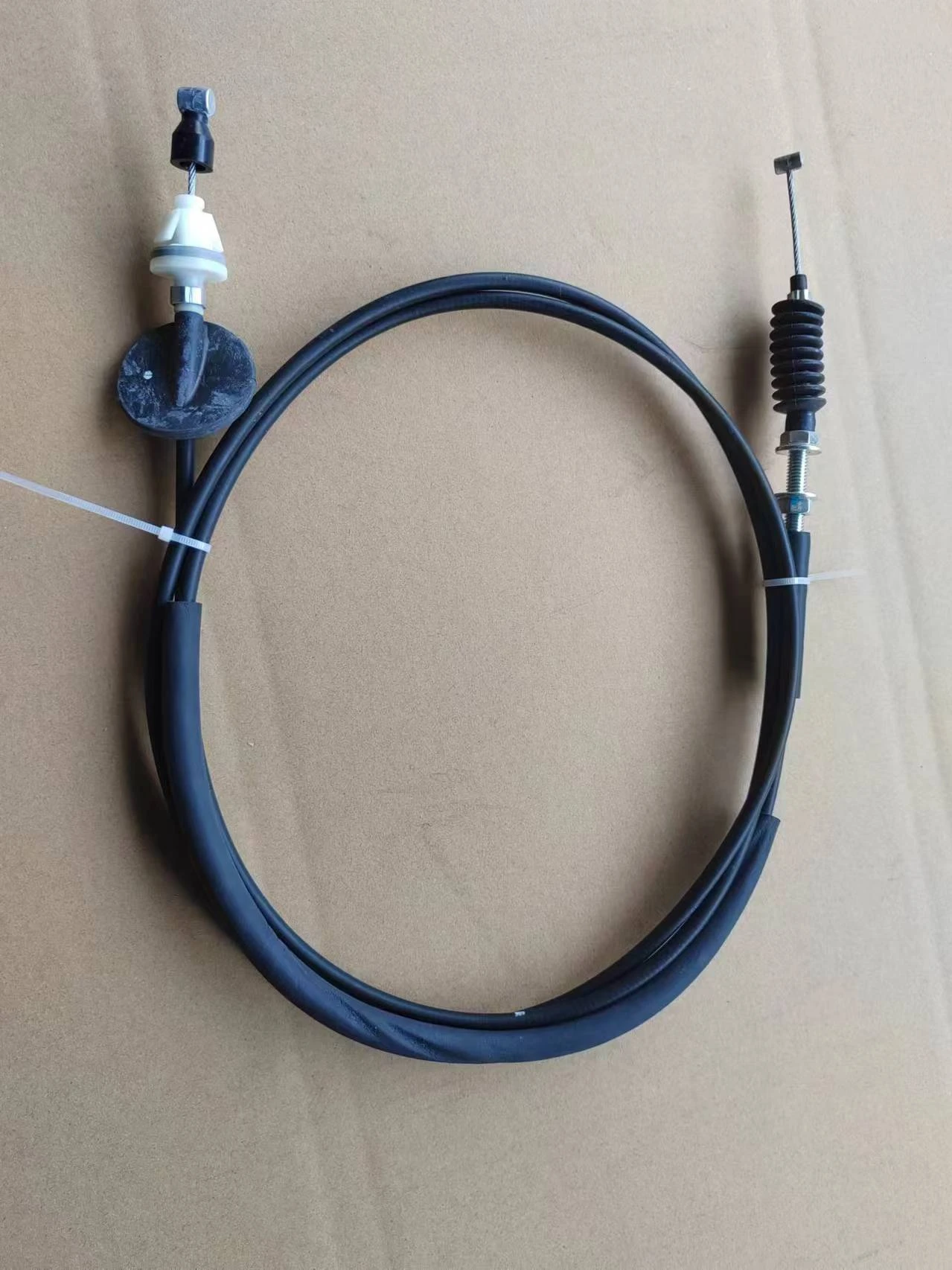Hydraulic Line for Clutch Master Cylinder Optimization and Maintenance Tips
Understanding Clutch Master Cylinder Hydraulic Lines
The clutch master cylinder is a vital component in a vehicle's manual transmission system, primarily responsible for engaging and disengaging the clutch. This critical function allows drivers to shift gears smoothly, transitioning power from the engine to the transmission. However, one often overlooked aspect that plays a significant role in this process is the hydraulic line that connects the clutch master cylinder to the slave cylinder. In this article, we will explore the significance of clutch master cylinder hydraulic lines, their construction, common issues, and maintenance tips.
The Role of Hydraulic Lines
In a hydraulic clutch system, the operation hinges on the principles of fluid power. When the driver presses the clutch pedal, the clutch master cylinder utilizes hydraulic fluid to create pressure. This pressure is transmitted through hydraulic lines to the slave cylinder, which then activates the clutch release mechanism. Hydraulic lines are essential in this system as they ensure that the pressure is effectively transferred without any significant loss.
Construction of Hydraulic Lines
Typically made from durable materials like rubber or reinforced plastic, hydraulic lines are designed to withstand high pressure and temperature variations. They are often reinforced with steel or nylon to enhance their durability and prevent failure. The construction of these lines is crucial because even a small breach can lead to significant loss of hydraulic pressure, resulting in clutch failure and impaired vehicle operation.
Common Problems with Hydraulic Lines
One of the most common issues associated with hydraulic lines is leakage. Over time, wear and tear, environmental factors, and exposure to heat can cause cracks or holes to form in the hydraulic lines. A leaking hydraulic line can lead to a loss of pressure, making it impossible to disengage the clutch fully. Symptoms of a failing hydraulic line might include difficulty in shifting gears, a spongy or unresponsive clutch pedal, and visible fluid leaks underneath the vehicle.
Another issue is contamination of the hydraulic fluid. If dirt or moisture enters the system through worn or damaged hydraulic lines, it can lead to corrosion and degrade the performance of the entire clutch system. It's essential to keep hydraulic lines clean and in good condition to maintain the efficiency of the hydraulic system.
clutch master cylinder hydraulic line

Maintenance Tips
To ensure that the clutch master cylinder hydraulic lines function properly, regular maintenance is key
. Here are some tips for keeping your hydraulic lines in top condition1. Regular Inspections Periodically check hydraulic lines for signs of wear, such as cracks, bulges, or leaks. Early detection of damage can prevent more severe issues down the line.
2. Fluid Checks Monitor the hydraulic fluid levels in the reservoir. Low fluid levels can indicate a leak, and regular topping up can help maintain functionality until repairs are made.
3. Service the System Incorporate a system flush as part of your vehicle's routine maintenance. This will help remove any contaminants and keep the hydraulic fluid clean.
4. Use Quality Parts When it comes time for repairs or replacements, always opt for high-quality hydraulic lines and components. Cheaper parts may save money upfront but can lead to costly repairs later due to premature failure.
5. Consult Professionals If you experience any issues with your clutch system or have questions about hydraulic lines, do not hesitate to consult a qualified mechanic. Professional assessment can help identify potential problems before they escalate.
Conclusion
In summary, the clutch master cylinder hydraulic line is a critical component in the manual transmission system of a vehicle. Understanding its role, potential issues, and maintenance practices can enhance the overall performance and reliability of your vehicle's clutch system. By being proactive about inspections and maintenance, you can ensure smooth, reliable operation and extend the lifespan of your vehicle's clutch components. Regular care of these often-overlooked parts will contribute to a better driving experience and help avoid unexpected breakdowns on the road.
-
Workings of Clutch Pipe and Hose SystemsNewsJun.04,2025
-
The Inner Workings of Hand Brake Cable SystemsNewsJun.04,2025
-
The Secrets of Throttle and Accelerator CablesNewsJun.04,2025
-
The Hidden Lifeline of Your Transmission Gear Shift CablesNewsJun.04,2025
-
Demystifying Gear Cables and Shift LinkagesNewsJun.04,2025
-
Decoding Clutch Line Systems A Comprehensive GuideNewsJun.04,2025
